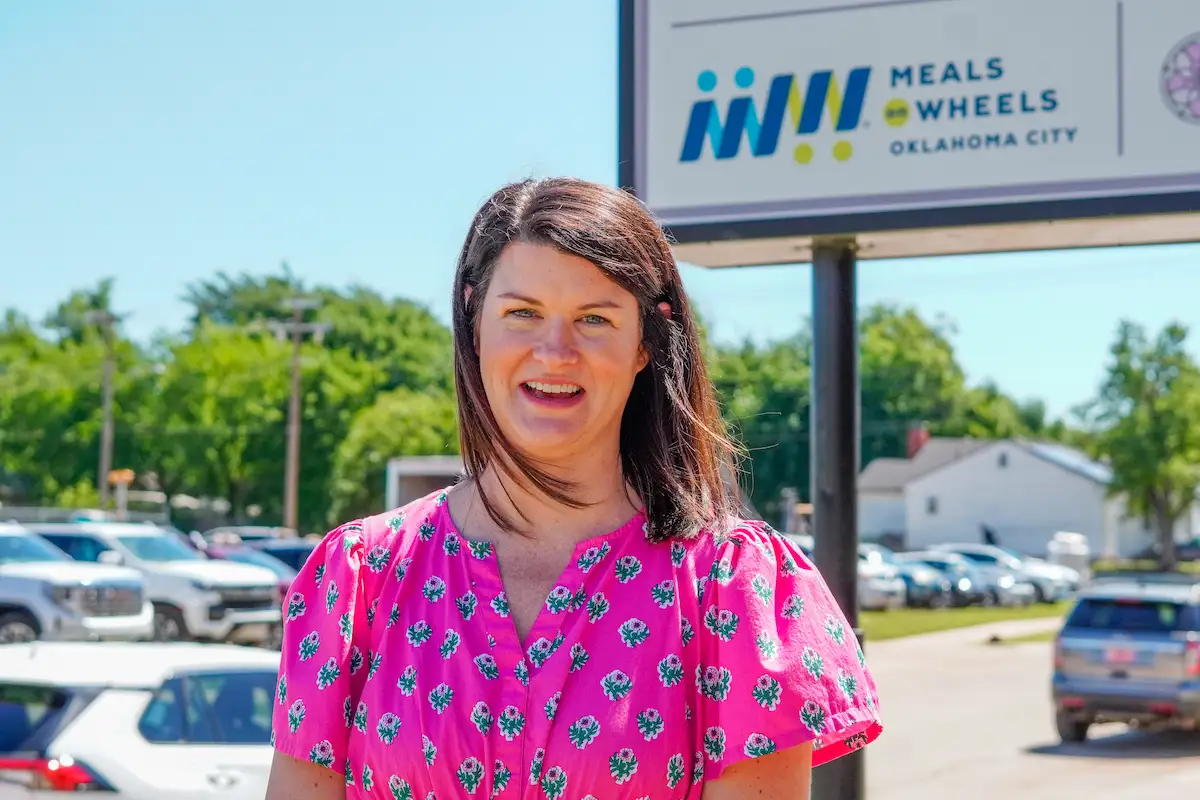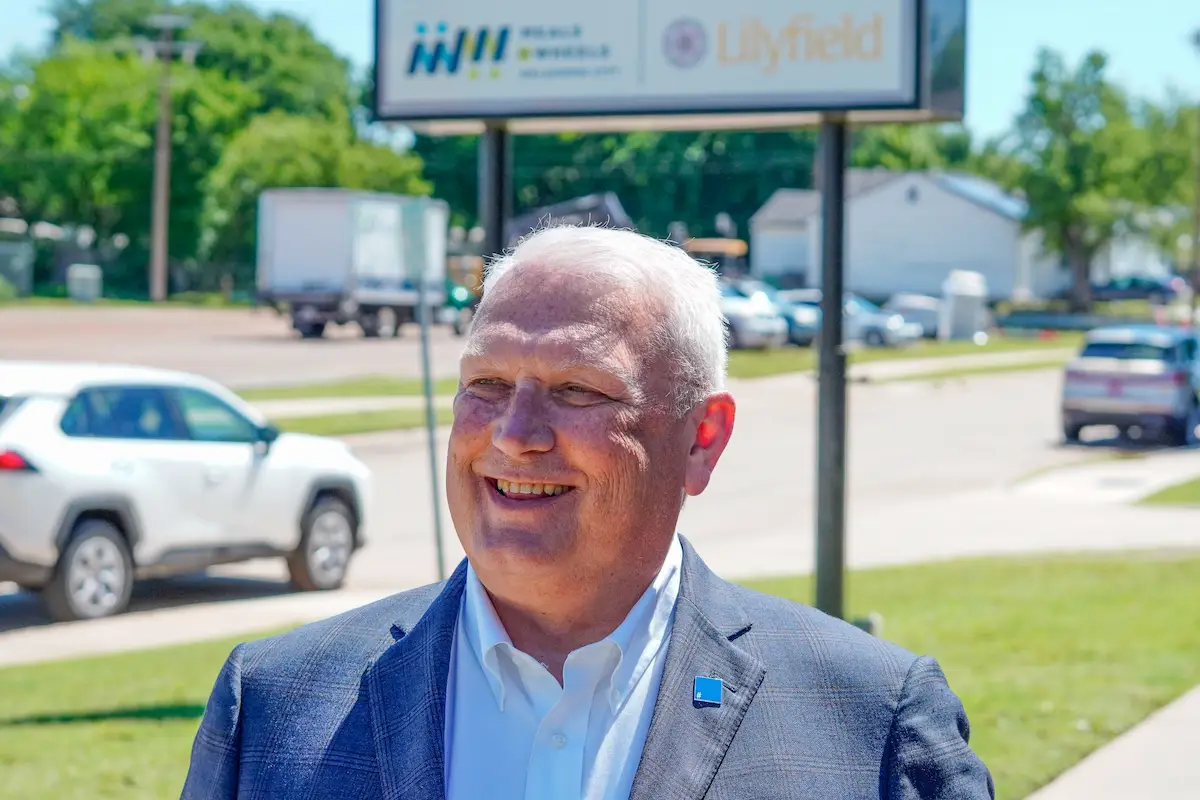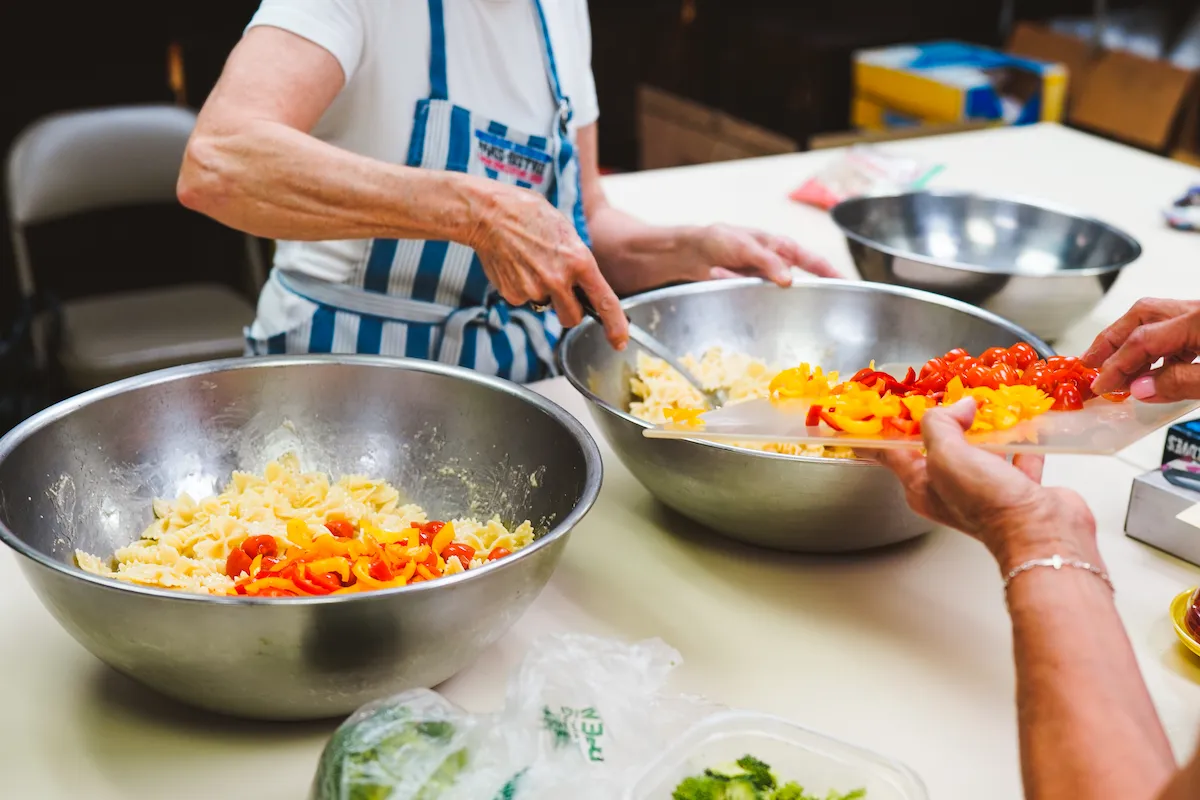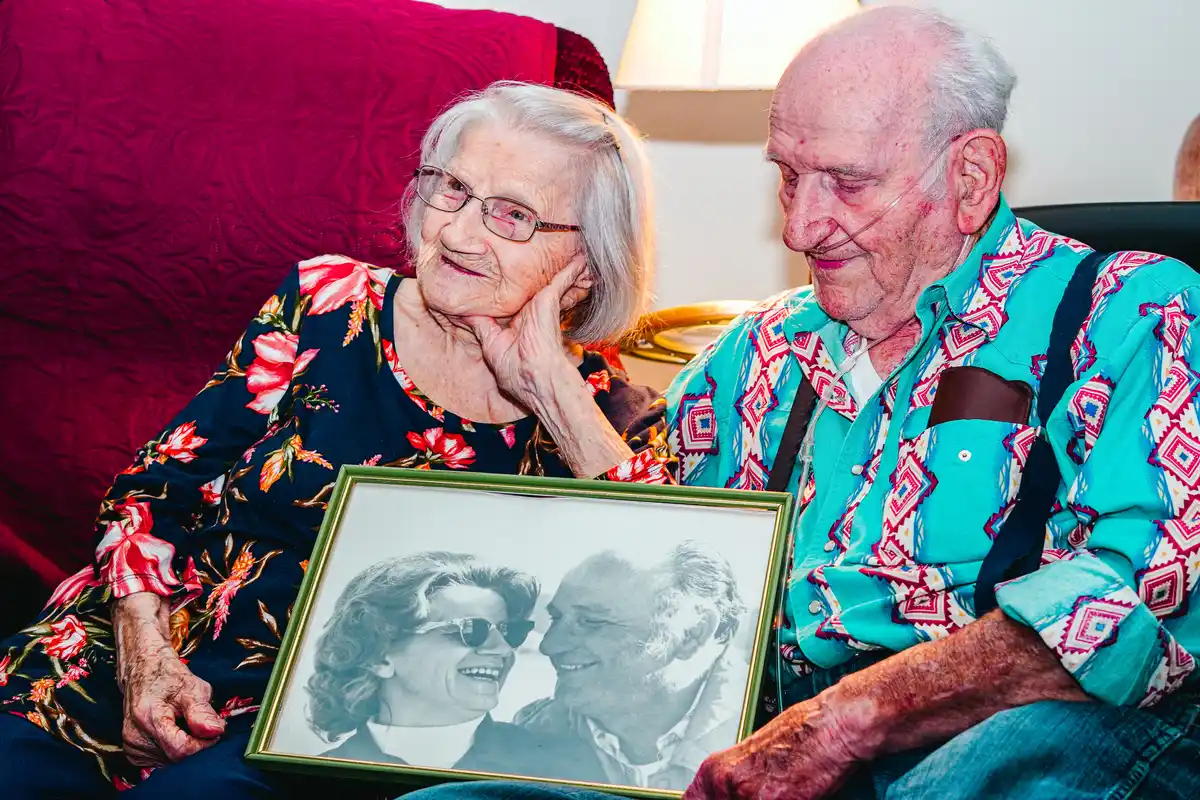
“You Called at Just the Right Moment”
Sometimes, a single moment can change everything. For Morgan Jones at Meals on Wheels Oklahoma City, every call to someone finally off the waitlist is a reminder of why timely...
Read This Story
Betty waited months, Satish endured three years, and Linda skipped meals to keep her lights on. These stories show the devastating reality of senior hunger and waitlists—and the lifesaving impact when Meals on Wheels finally arrives. Hunger doesn’t wait, and neither should the funding that supports vulnerable older adults.

This post is part of our End the Wait series, highlighting real stories from across the Meals on Wheels network. Tens of thousands of older adults are on waitlists for meals today, and their experiences show what is at stake if funding does not keep pace with rising demand.
Betty from North Carolina defied doctors who said she would never walk again after spending 45 days in a coma from a recurring infection. But when she came home from the hospital with no family nearby, a limited income and empty cupboards, she faced a battle she could not win alone.
Placed on a waitlist with more than 100 others, Betty made impossible choices for four months. Eat just one meal a day, often without fruits or vegetables. Choose between repairing her car, which her caregiver relied on for medical appointments, and buying groceries.
“I do not know what I would have done had I not gotten that call,” Betty said, recalling the moment her local Meals on Wheels program called to tell her the wait was finally over.
In Florida, Satish faced an even longer ordeal. Diabetes, memory loss and repeated falls made cooking not only difficult but dangerous. When his doctor urged him to apply for Meals on Wheels, Satish was placed on a waitlist with more than 400 others.
He did not wait months. He waited three years.
“I would take a glass of carrot juice and call that lunch,” Satish said. “Some days, I would just go to bed hungry.” His world shrank as his energy dwindled, leaving him too weak to even leave his apartment.
When a slot at the local Meals on Wheels program finally opened, Satish’s life changed overnight. “Yesterday, I had meatballs with potatoes and red sauce. Oh, it was so good,” he said. “Meals on Wheels is lifesaving. For people like me, it means everything.”
In rural South Texas, Linda knew this struggle intimately. Living alone, she often skipped meals to keep the power on. Even when she had food, her health made it impossible to stand long enough to cook. When her local Meals on Wheels provider lost critical funding, Linda joined a waitlist with no clear timeline.
Her health declined steadily as she tried to hang on, day after day, until volunteers finally arrived at her door. “They know just what to say,” she shared. “It was a lifesaver.”
These stories reveal a harsh reality: hunger does not wait for funding cycles. Every day of delay means seniors like Betty choosing between medical care and groceries, people like Satish going without food for years and older Americans like Linda struggling in silence.
The annual appropriations process for fiscal year 2026 is in full swing, and members of Congress need to hear from their constituents and local leaders like you! Email your elected officials with a short story about your organization and its impact in your community to help your members of Congress understand the importance of funding the lifesaving services you provide.

Sometimes, a single moment can change everything. For Morgan Jones at Meals on Wheels Oklahoma City, every call to someone finally off the waitlist is a reminder of why timely...
Read This Story

Across the country, senior meal funding shortages are making it harder for providers to meet growing demand. Once able to serve every senior who qualified, Meals on Wheels Okl...
Read This Story

Across the country, inflation and supply challenges are making it harder for senior nutrition programs to meet demand. This story examines how rising costs and senior hunger a...
Read This Story

C.M. and Margareta Wilson shows how senior independence and community support can make aging with dignity possible. After seven decades of love, health challenges made daily l...
Read This Story